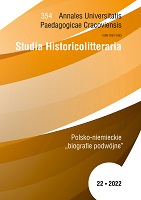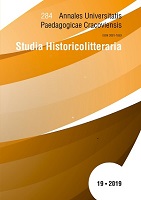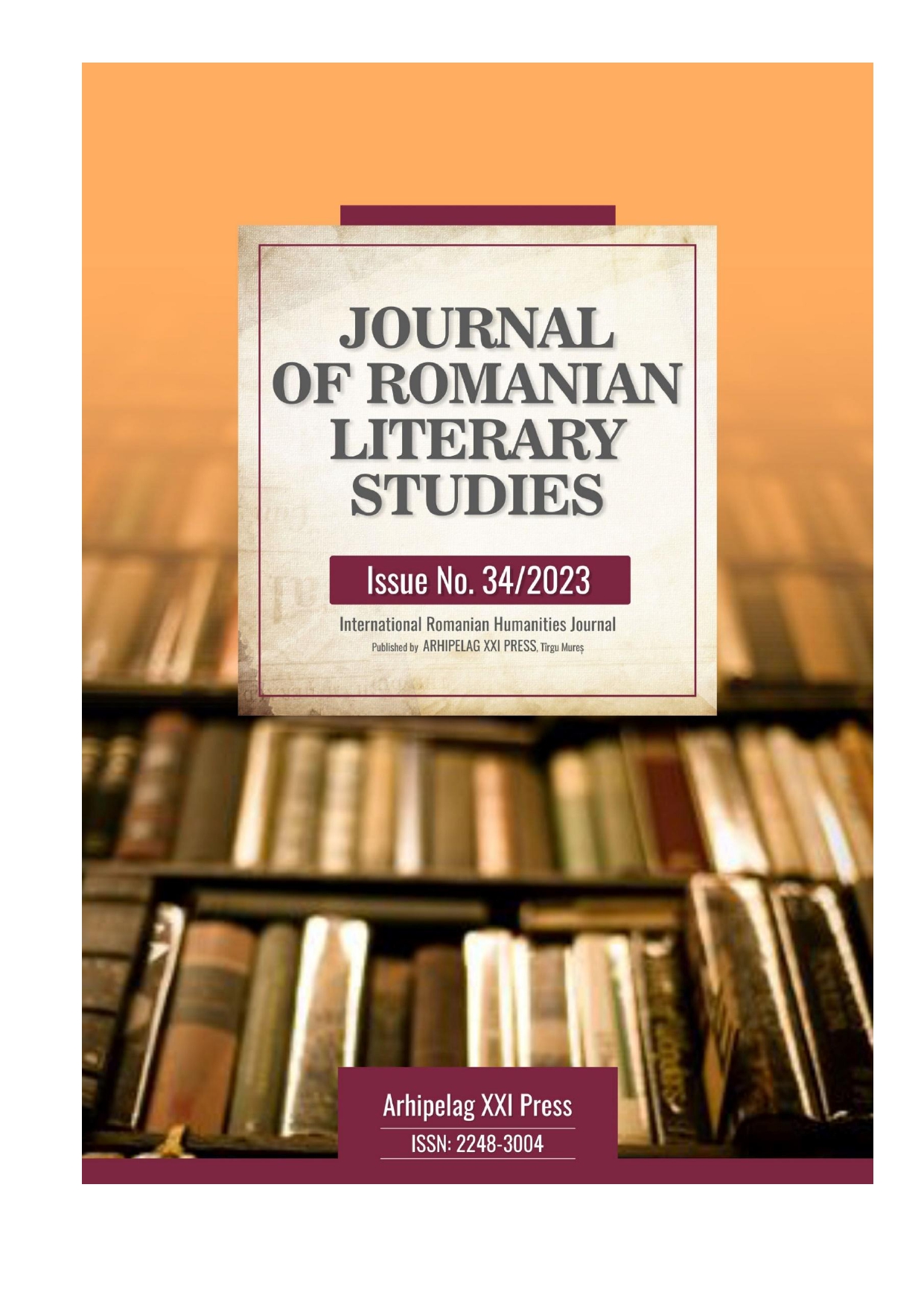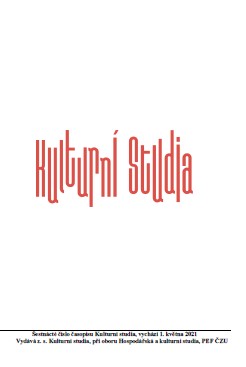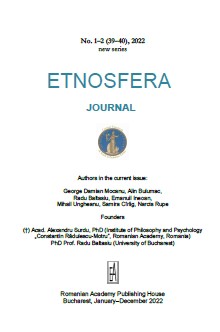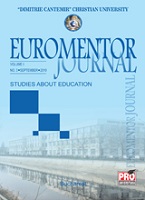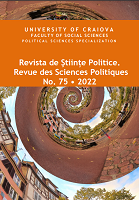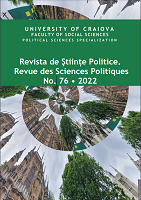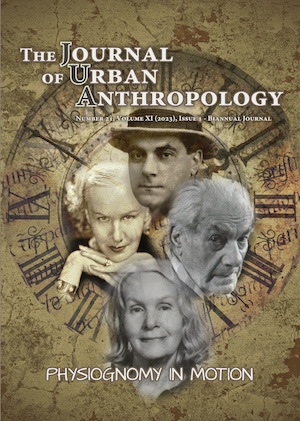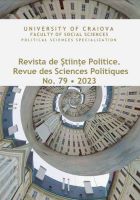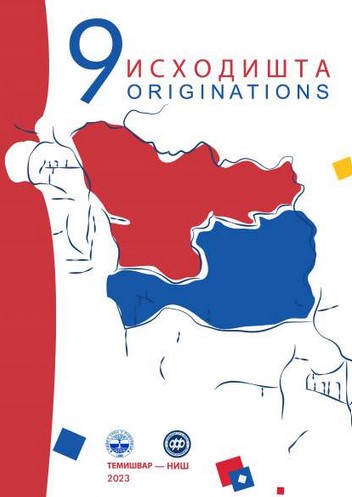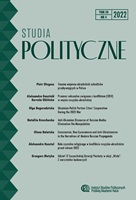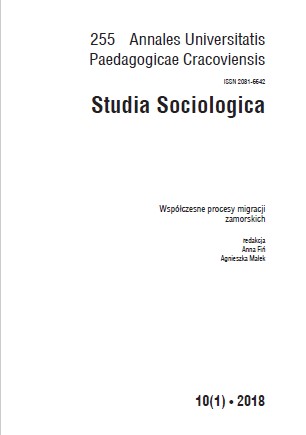
Imigracja latynoamerykańska do Hiszpanii… na tle ogólnej imigracji do tego kraju po 1986 roku
Since Spain became a member of the European Union (at the time still the “European Community”) on 1 January 1986, it has experienced, in terms of migration, the most profound transformations in its contemporary history, turning from a country of emigration into a country accepting immigrants. Although since the outbreak of the economic crisis in 2008, the number of immigrants has begun dropping, between 1990 and 2010, Spain recorded the greatest inflow of immigrants since the Middle Ages; their percentage in this period grew from 2% to over 13% of Spain’s total population. This means relatively the highest increase in the immigration population among all member countries of the Organisation of Economic Cooperation and Development (OECD) in that period. One of the largest groups of immigrants arriving in Spain was formed by people from Latin America, in 2009 constituting 31.7% of all foreigners settling there. The vast increase in Latin American immigration to Spain was caused by a number of various factors: political crisis in the countries of that region, absence of visa requirements upon entry to Spain for citizens of many of these countries, restrictive immigration policy of other accepting countries, as well as economic growth of Spain lasting until the Great Recession in 2008.
More...
